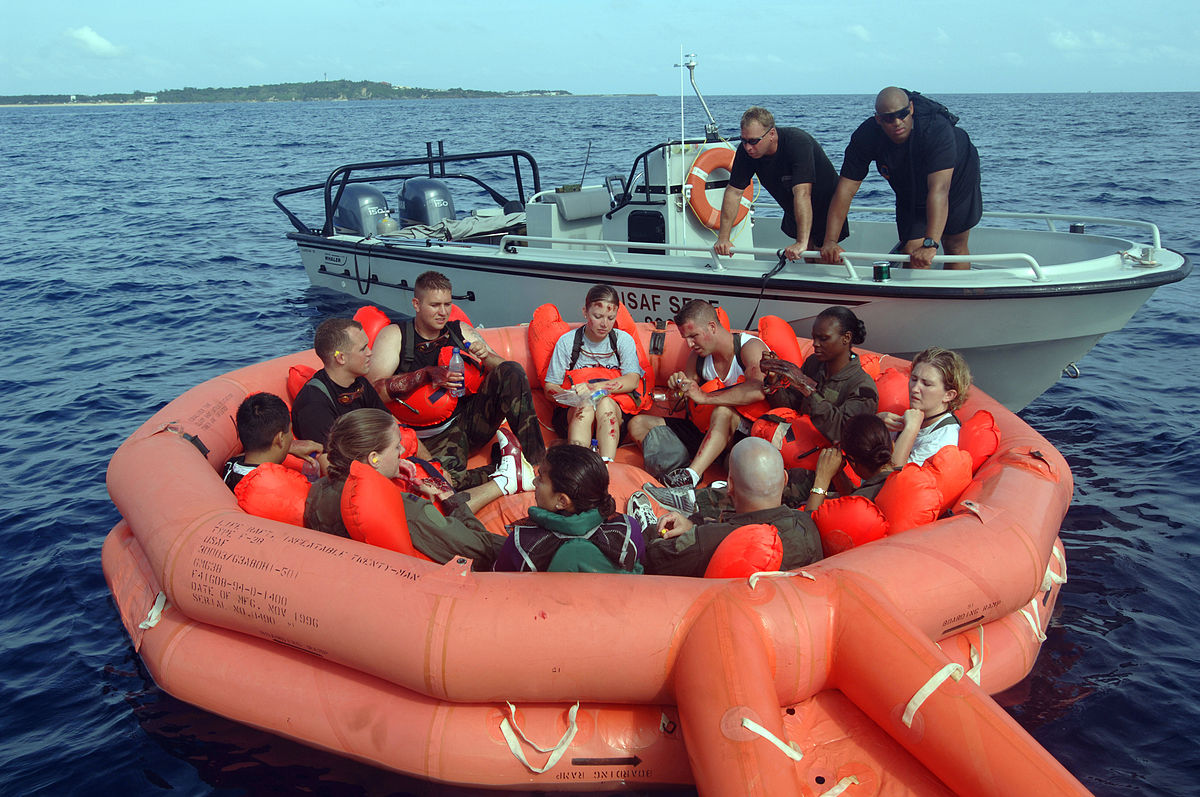
Rule of threes (survival) - Wikipedia
The rule of Three's is often quoted as a general rule of thumb of reminders of what can extinguish life.
3 Seconds of Blind Panic
3 Minutes to purify water by boiling ( 1-3 Minutes depending upon elevation )
3 Minutes without Air
3 Hours in a extreme weather / Harsh environmental conditions
3 Days without drinkable water
3 Weeks without food
3 Months without Companionship ( I am wary/suspicious of this one )
And addition I heard the other day I thought is worthy of inclusion
3 Seconds without Panic setting in.
I have experienced blind panic a couple of times in my life , once hanging off a cliff face having a bit of a knee trembler at Dewerstone , once or twice with parachute shenanigans , and the other time when I was diving 40m down and realised I was out of air from my scuba tank -- faulty reg - sucking on air that wasn't there. ( Eyes W-I-D-E open. )
Fortunately - those have been fairly few and far between and ( touches head ) I've been both lucky and able to control that fear to do the right thing. Rather than panicking and wild kicking for the sea surface , taking a < micro > moment to realise what was going on , what would happen if I took option A as opposed to option B and scan around and fin to my swim buddy.
So those are offered as personal examples as more as a , Yes , I've had some near brown trouser times but fortunately kept calm enough to follow those repetitious training drills to " keep calm enough " ( and I think thats important - its not acting in the absence of fear but despite it? without fear in all things/scenarios I would think gets you placed on some sort of unpleasant spectrum) to do so allows one slow down time and act accordingly in a positive manner to self/rescue or rescue someone else - first aid trauma application.
So thats my thoughts - Interested what others think or have experienced , how fear can potentially close us down in terms of actions or how one can learn to resist it.
I should point out I'm more interested in the cerebral / mental aspect of this - I'm sure we have all experienced that moment when fear erupts and takes hold and we have a potential to resist it.
Additional question - do you have a natural or irrational fear? I once went on a walk with someone who felt very odd around jars or buttons. They couldn't explain it and I don't think they had to - the fact it existed for them was enough.
Does 3 secs without panic setting in make a useful inclusion to the rule of Three?
Last edited:

